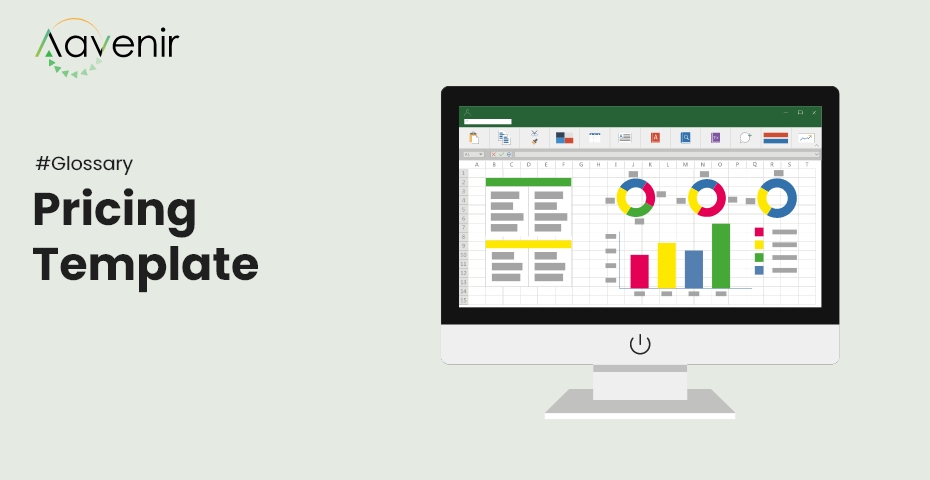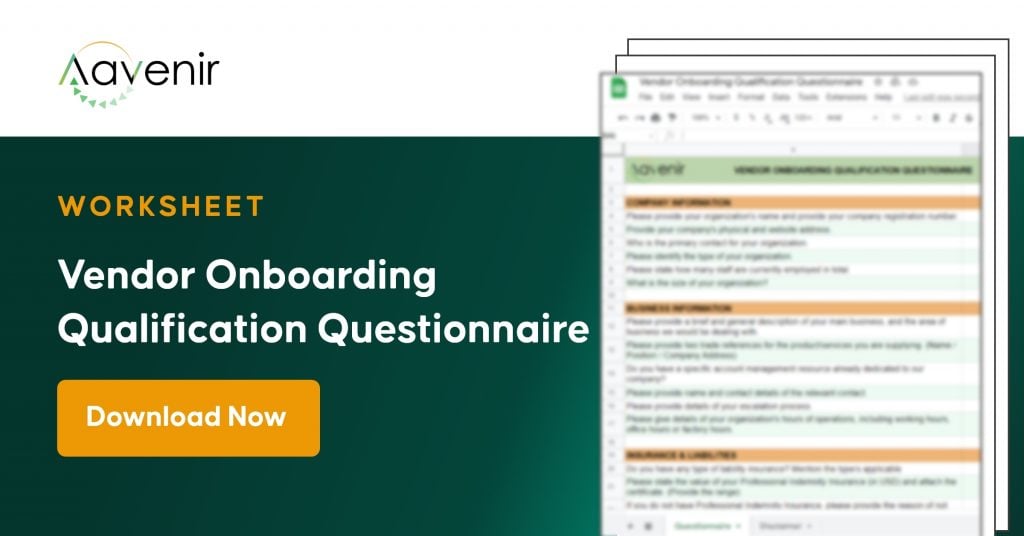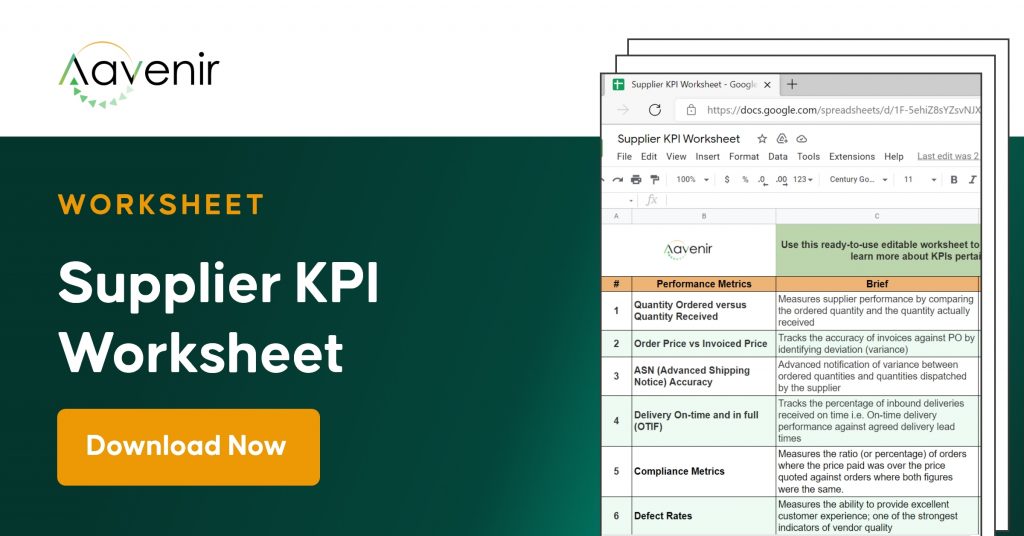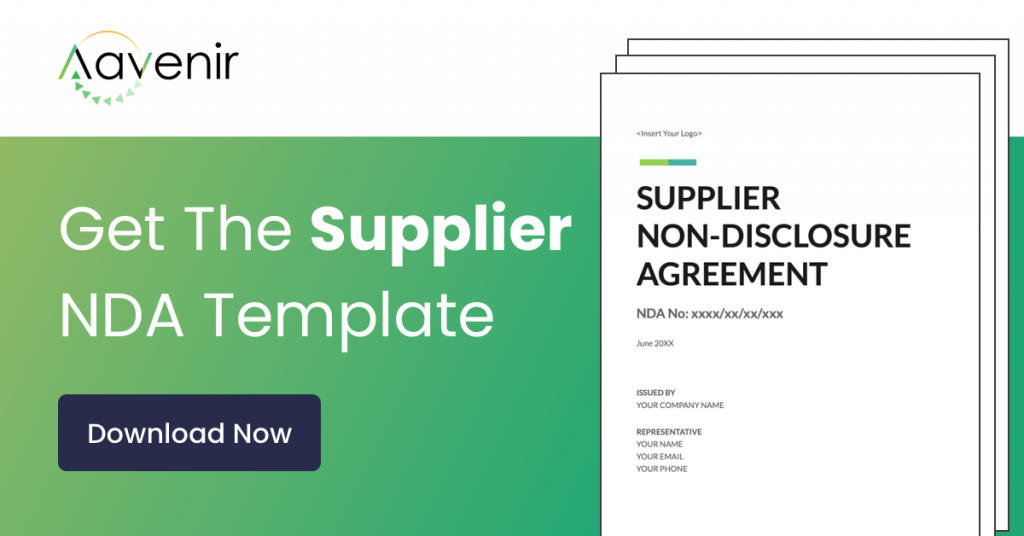What is a Pricing Template?
In the context of RFx, a pricing template is a structured document that allows suppliers to provide detailed information about their pricing for goods or services. The RFx process is commonly used in procurement to solicit bids from potential suppliers.

Understanding Pricing Template
The pricing template can be in excel format or can be customized for online response through a supplier portal. It typically contains line items and lot of level details including various sections and fields that suppliers need to fill out, providing the following information:
1. Item/Service Description: A clear description of the goods or services being offered by the supplier.
2. Unit Price: The cost per unit for each item or service. For example, if the supplier is providing a product, they would list the price per unit (e.g., per item, per pound, per liter, etc.).
3. Quantity: The quantity of items or services the supplier is offering at the specified unit price.
4. Subtotal: The calculated total cost for each line item, which is the unit price multiplied by the quantity.
5. Taxes and Fees: Any applicable taxes, fees, or surcharges that the supplier needs to include in the pricing.
6. Discounts: Any discounts offered by the supplier, if applicable, can be specified here.
7. Total Price: The final total cost, which is the sum of all subtotals, taxes, fees, and any adjustments.
The pricing template helps streamline the evaluation process for the buyer, as it provides a consistent format for suppliers to submit their pricing information. It allows the buyer to compare and analyze different proposals effectively and make an informed decision based on the most competitive and suitable pricing offered by suppliers. Additionally, the template ensures that suppliers provide all necessary pricing details, reducing the chance of misunderstandings or missing information during the evaluation process.
Benefits of Pricing Template
1. Standardization
The pricing template provides a standardized format for suppliers to submit their pricing information. This consistency makes it easier for the buyer to compare proposals objectively and evaluate them based on the same criteria.
2. Efficiency
By using a pricing template, the procurement process becomes more efficient. Suppliers can quickly fill out the template with the required information, saving time and effort in preparing their bids.
3. Clarity
The template ensures that suppliers provide all the necessary details about their pricing, avoiding ambiguity or missing information. This clarity helps the buyer to have a comprehensive understanding of the proposed costs.
4. Transparency
The pricing template promotes transparency in the procurement process. Both the buyer and suppliers have a clear view of the pricing breakdown, ensuring a fair and open evaluation.
5. Comparison
With all suppliers submitting their pricing in the same format, the buyer can easily compare different proposals side by side. This aids in making informed decisions based on the best value for money.
Features of Pricing Template
1. Itemized Pricing
The template allows suppliers to provide itemized pricing, which means they can list each product or service separately with its corresponding cost. This level of detail enables accurate analysis.
2. Flexibility
Although the template maintains a standard structure, it may allow for certain customizable fields or sections to cater to specific requirements of each RFx. It can be adapted and customized based on the unique requirements of each RFx. For example, for complex procurement projects, the template can be modified to accommodate additional cost categories, contractual terms, or specific evaluation criteria.
3. Built-in Formulas
In more advanced templates, automatic calculations can be incorporated to calculate subtotals, taxes, discounts, and the total price, minimizing the risk of calculation errors.
4. Additional Instructions
The template may include additional instructions or guidelines for suppliers to follow, ensuring consistency and compliance with the buyer’s expectations.
5. Pricing Response Collaboration
Business and suppliers can collaborate via Supplier Portal, allowing online responses, pricing documents upload or negotiation.
6. Supplier Qualification
The pricing template can also serve as a tool to assess supplier qualifications. By including specific questions related to a supplier’s financial stability, production capacity, or past performance, the buyer can gather valuable insights about the supplier’s capability to deliver as per their pricing proposal.
7. Negotiation Tool
The pricing grid becomes a useful tool during the negotiation phase. As the buyer reviews various proposals, they can use the itemized pricing to identify potential areas for negotiation. This enables them to engage in constructive discussions with suppliers to achieve more favorable terms and pricing. The historical pricing information from different suppliers can aid the buyer in negotiating better deals and maintaining competitive rates over time.
Overall, the pricing template is a valuable tool that goes beyond just gathering pricing information. It streamlines the entire procurement process, facilitates informed decision-making, and establishes a foundation for efficient supplier management and negotiation strategies. By leveraging the benefits and features of the template effectively, buyers can optimize their procurement outcomes and foster successful supplier partnerships.
Explore Additional Resources To Know More




